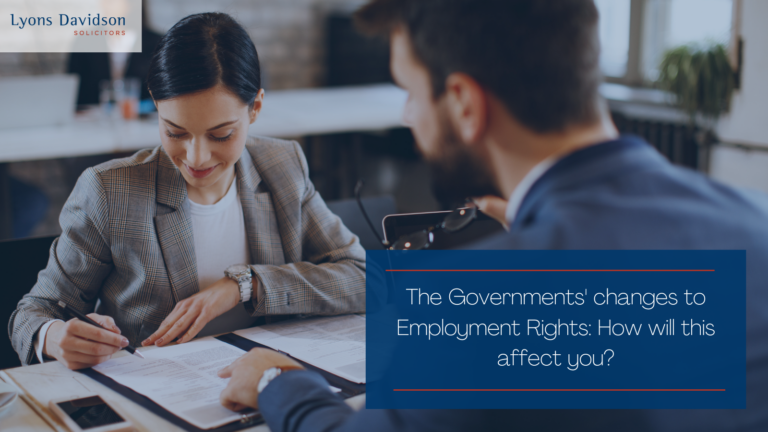House of Fraser, Carpetright, New Look, Jamie’s Italian, Mothercare and Homebase all hit the headlines this year for entering into Company Voluntary Arrangements (CVA).
What is a CVA and why have they been so popular in 2018?
What is a CVA?
A CVA is, in effect, a deal between a company and its creditors, which enables the struggling company to put forward proposals for paying some or all of the debts due to its unsecured creditors. The proposals are often for staged payments (over a fixed period) of a proportion of sums due.
While it might appear counter-intuitive for a creditor to accept less than is due, any payment is better than none, which might be a real risk if the company were to go into administration or liquidation. Individual Voluntary Arrangements work in a similar way for individuals.
CVAs do not indicate the end of a company but instead aim to reduce some of the pressure of being in debt and help get a company (or individual with an IVA) back on their feet. An insolvency practitioner will be involved in preparing the proposals and supervising implementation of a CVA but the company remains under the control of the existing management and will continue to trade. However, it is likely that if a company fails to carry out the approved arrangements, a formal insolvency may follow.
What does a CVA mean for creditors?
If at least 75 per cent of unsecured creditors (in value) agree to the proposals (perhaps subject to modifications), they will form a formal and binding arrangement between the company (or individual) and its creditors. If an arrangement is approved, all unsecured creditors will be bound, even if they did not vote.
As well as dictating how much is repaid and when, the terms of a CVA will typically prevent those owed money from taking any further steps to recover it during the CVA period. Small companies may also benefit from a temporary statutory moratorium preventing creditors from taking specified steps against the company (which include commencing or continuing with any proceedings) while CVA proposals are being considered. If you are a creditor of a company in a CVA or an individual with an IVA (or proposals have been made), you should seek advice before taking any steps in relation to a debt owed by them.
2018: the year of the CVA?
Insolvency Service statistics show an increase in the number of CVAs this year compared to 2016 and 2017 but not by a significant number. What we have seen this year, however, is a rise in high-profile, large companies entering CVAs and a trend towards ‘landlord-only’ CVAs. These often involve companies with big property portfolios locked into high-rate long leases and facing rising costs, despite decreased customer footfall and spending. CVAs have been used by struggling companies to compromise leasehold liabilities, especially where these cannot be renegotiated with the landlord. Such CVAs often leave other creditors unaffected but it is important to remember that each CVA is different.
What can creditors do?
If 75 percent in value of unsecured creditors approve a CVA or IVA, all unsecured creditors will be bound, even if they themselves objected to the proposals. However, in certain circumstances, a CVA or IVA can be challenged by creditors and other specified people. If it is found that the CVA or IVA is unfairly prejudicial or if there has been a material irregularity in the process, the court can revoke or suspend the arrangement or can direct that creditors vote again.
Lyons Davidson recently successfully revoked an IVA in circumstances where the debtor failed to provide full information when proposing his IVA. Crucially, he omitted to include a debt due to our client when providing details of his financial position and preparing the proposals. In doing so, he unfairly prejudiced the creditor’s interests and caused significant procedural irregularities. The court granted our application and revoked the IVA, which meant that our client was able to obtain security for all sums due, including significant legal costs.
There are strict time limits in which to bring a challenge before the court. If you are a creditor and you think you may have been prejudiced by a CVA or IVA, you should seek legal advice as soon as possible.
Jane Henderson is an associate specialising in insolvency. For more information or assistance with any of the issues raised in this article, please contact Jane Henderson by emailing [email protected] or calling 0117 904 5816.



